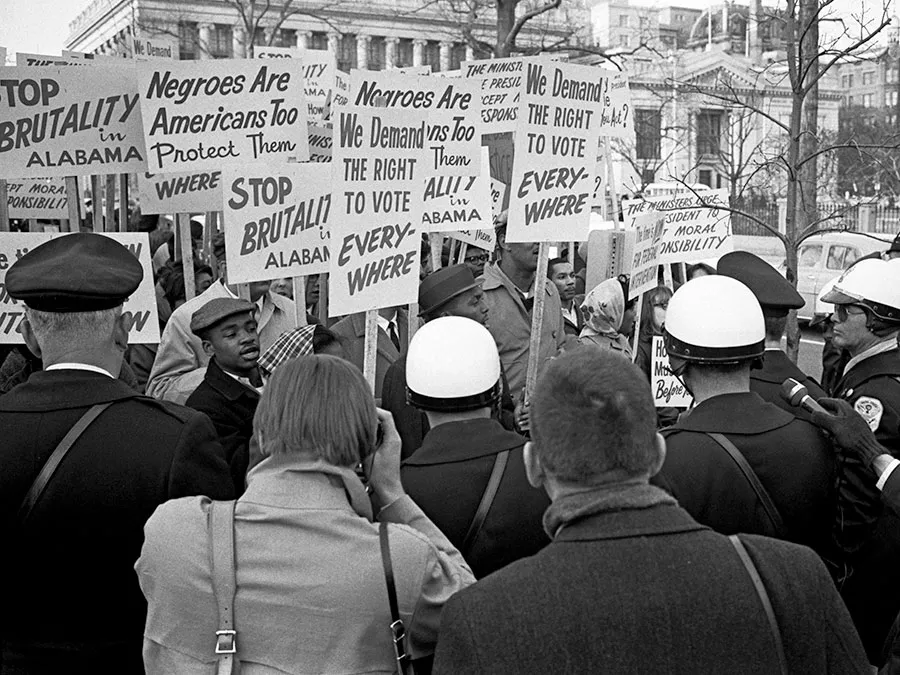What type of change leader are you?

The challenge of being a change-agent, change-manager, or change-activist revolves around navigating the intricate dynamics of power, influence, and authority within an organization or society. The roles, while seemingly similar in their pursuit of transformation, have distinct approaches, motivations, and challenges, as discussed by Simon Powers in his article “Deeper Change.”
The Change-Agent
A change-agent is typically hired by the establishment or company to implement changes that align with corporate goals. This role often involves adhering to the existing power structures and working within defined parameters. The primary challenge for change-agents is the limitation of their authority. They may identify immediate needs and necessary transformations, but if these changes require systemic shifts beyond their power, they encounter significant barriers.
For instance, a change-agent might want to restructure team dynamics to enhance productivity. However, if the hierarchical decision-makers are resistant or unavailable, the agent’s ability to enact change is severely restricted. The challenge here lies in influencing those with higher authority without overstepping boundaries, which requires diplomacy, strategic communication, and often, a degree of compromise.
The Change-Manager
A change-manager, while also employed by the establishment, carries the additional burden of balancing multiple, often conflicting, goals. They strive to reconcile the needs of the business, its employees, customers, and even broader societal or environmental objectives. This role demands a more holistic approach and a deep understanding of the interconnectedness of various organizational components.
The core challenge for change-managers is managing this complex web of relationships and expectations. They must navigate corporate politics, advocate for sustainable practices, and maintain employee morale, all while delivering business results. This balancing act requires exceptional empathy, negotiation skills, and the ability to foster collaboration across different stakeholder groups.
The Change-Activist
Change-activists operate outside the conventional boundaries of the organization, often at great personal or professional risk. They aim to create substantial shifts in power dynamics and organizational culture, challenging the status quo and advocating for profound, sometimes revolutionary, changes. Unlike change-agents and managers, activists are less constrained by existing structures and are more willing to push boundaries and take bold actions.
The primary challenge for change-activists is the potential backlash from established power holders. Their actions can lead to conflict, retribution, or even career jeopardy. Activists must be prepared to face resistance and operate with a high degree of resilience and self-mastery. They need to build new power bases, often through grassroots movements or by creating compelling new narratives that resonate with a broader audience.
Integrity and Role Dynamics
The integrity of individuals leading change is paramount, regardless of their role. Whether as an agent, manager, or activist, maintaining a clear purpose and ethical grounding is crucial. For change-agents and managers, this means ensuring that their efforts genuinely benefit the organization and its stakeholders, rather than merely serving superficial or short-term goals.
For activists, integrity involves a commitment to the broader cause and a willingness to prioritize collective well-being over personal gain. As Simon Powers highlights, successful activism requires not only a clear vision and strategic thinking but also a deep sense of purpose that transcends individual power acquisition.
Conclusion
Leading change is inherently challenging, with each role—agent, manager, and activist—presenting unique difficulties. Change-agents must navigate limited authority and hierarchical constraints, change-managers must balance diverse and often conflicting goals, and change-activists must be prepared for significant resistance and potential personal risk. Integrity, purpose, and strategic acumen are essential for anyone aspiring to drive meaningful and lasting change. By understanding and embracing the distinct challenges of each role, change leaders can more effectively navigate the complex landscape of organizational transformation.
I recommend reading this…
Forgiveness or Permission? Making change happen. – The activist approach [by Simon Powers]
https://deeperchange.substack.com/p/forgiveness-or-permission
